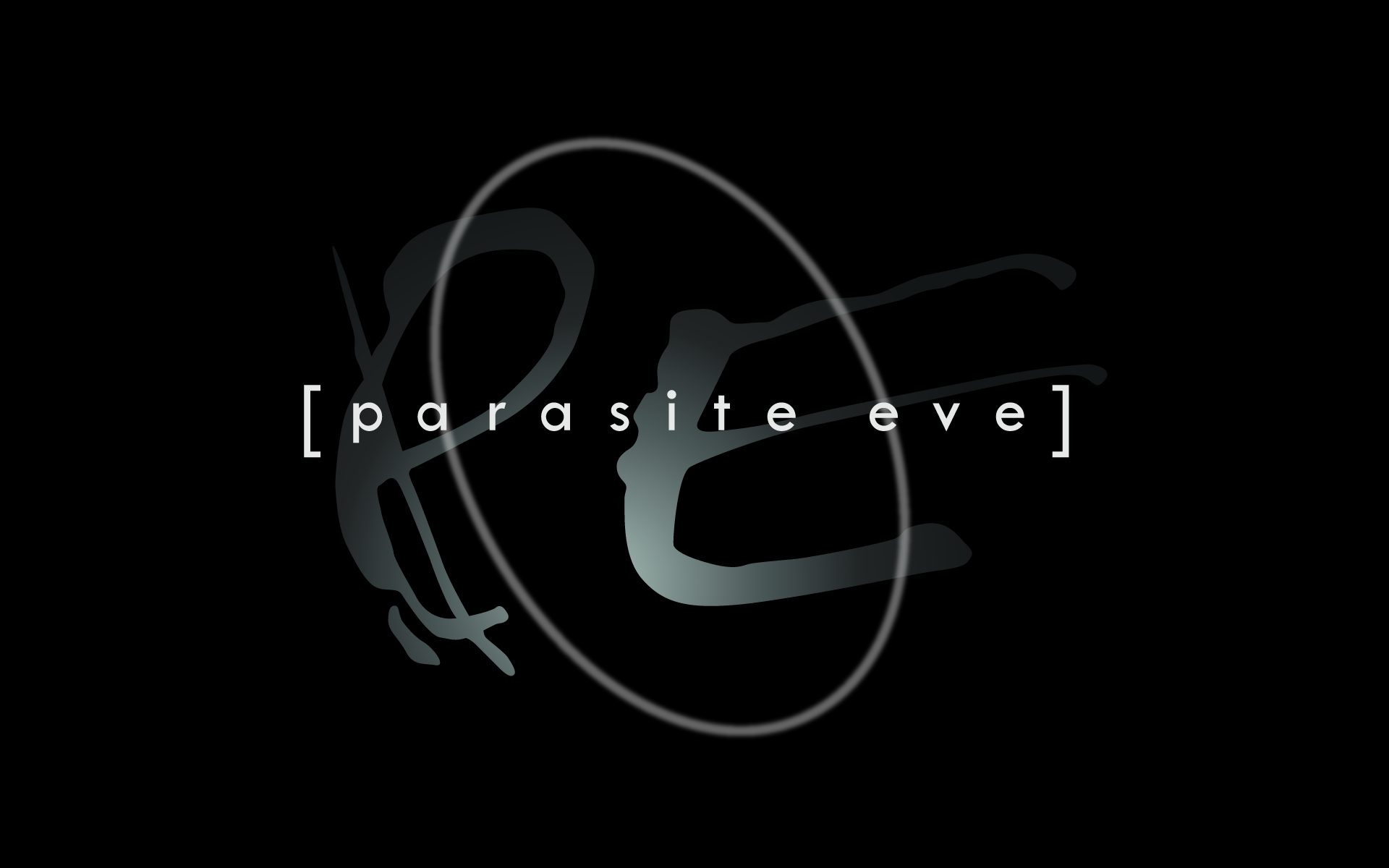Written for XPGain, recreated with permission.
Played on Vita. (Also available on PS3.)
Narratives often start at an exploration of humanity, peering expectantly into the mind.
Despite that gaming mostly comes from works of fiction, their purposes predominantly lie in human exploration. They seek to delve into the psychologies, explore avenues of potential situations, and examine parts of ourselves we aren’t always proud of.
However, that means our narratives are likewise beholden to them. Chained to the limitations of the human audience behind it, able to empathize with the on-going events. Without the ability to understand and explore, they can become too cerebral, perhaps too withdrawn themselves, and something is lost in translation from concept to execution.
Parasite Eve is an excellent example of a game that has a higher concept, and uses it to explore the mind, the body, and their interactions more holistically, but is also one that suffers from its inability to communicate itself clearly enough. Which is a tragedy, because it’s a high concept that is worth exploring, but one that may be better explored elsewhere.
Although that doesn’t speak to Parasite Eve’s strengths. At a glance, it’s hard not to recommend the game for everything it accomplishes. It has a novel and enjoyable approach to active combat, the range of weapons present players with a wide array of styles, and the game telegraphs future risks which leave players better able to plan for contingencies that may arise during play. Add in a unique setting, solid music cues, and a favorable atmosphere, and the game has many of the landmarks of a great game.
This goes doubly for fans of uncommon settings, as modern New York City presents a beautiful landscape in which to set an RPG game, especially where stage design and visual art are concerned.
As good as the game’s active elements can be, there are a lot of equally compelling reasons to level criticism. As implied above, the foundational elements of narrative, and even the narrative itself at times, can struggle to really give the player the sense of connection strong enough to latch onto. The game’s failure to really communicate the high concept beyond a few surface statements and elementary exploration leave the entire experience ultimately unfulfilling.
Perhaps because of the quasi-science on which the game’s major narrative is built, the whole assemblage just comes across as shaky. It isn’t grounded, nor is it really explored at depth. Many of the things said are presented simply, directly, and rarely given the depth of reasoning that comes from philosophical exploration or discourse. The story is never really challenged, so the depths the characters explore don’t seem to demand the same rigor a player might.
Compounded with the story woes, some graphical issues haunt the game from afar. Being a classic PlayStation title, the pre-rendered, high-resolution backgrounds don’t often communicate to players as well as they should. While it does leave the art, decor, and majesty of the setting very well composed and highlighted, the actual practice of play and exploration is hampered by the player’s inability to really see what in the game world is interactive, and what isn’t. That means that any point where the player must find a key, press a switch, or handle a plot device, the game expects a level of player action that is as much blind guesswork as planned action.
That said, the lingering feeling that pervades in the game’s passing isn’t one of bitterness or resentment. It’s a contemplative feeling, a curious one, one that suggests that simply because the surface level exploration was insufficient doesn’t mean that is all lacks merit. Parasite Eve is a game that delivers on a unique experience, and does so without fanfare or worry for the deeper aspects and bigger pictures.
As a piece of art, Parasite Eve fails to explore its full potential. As a game, Parasite Eve explores mechanics in an interesting way sometimes, and fails other portions of that same experience elsewhere. Artistically uninspired, mechanically indulgent, visually stagnant, but functionally pragmatic.
If nothing else, then, perhaps it is best to look at Parasite Eve as an experience. A stepping stone for games that explore similar themes, but not a pioneer for them, but one that is still worth admiring both for what it tried, and also what it achieved.

Thoughts?